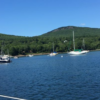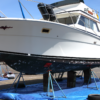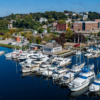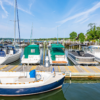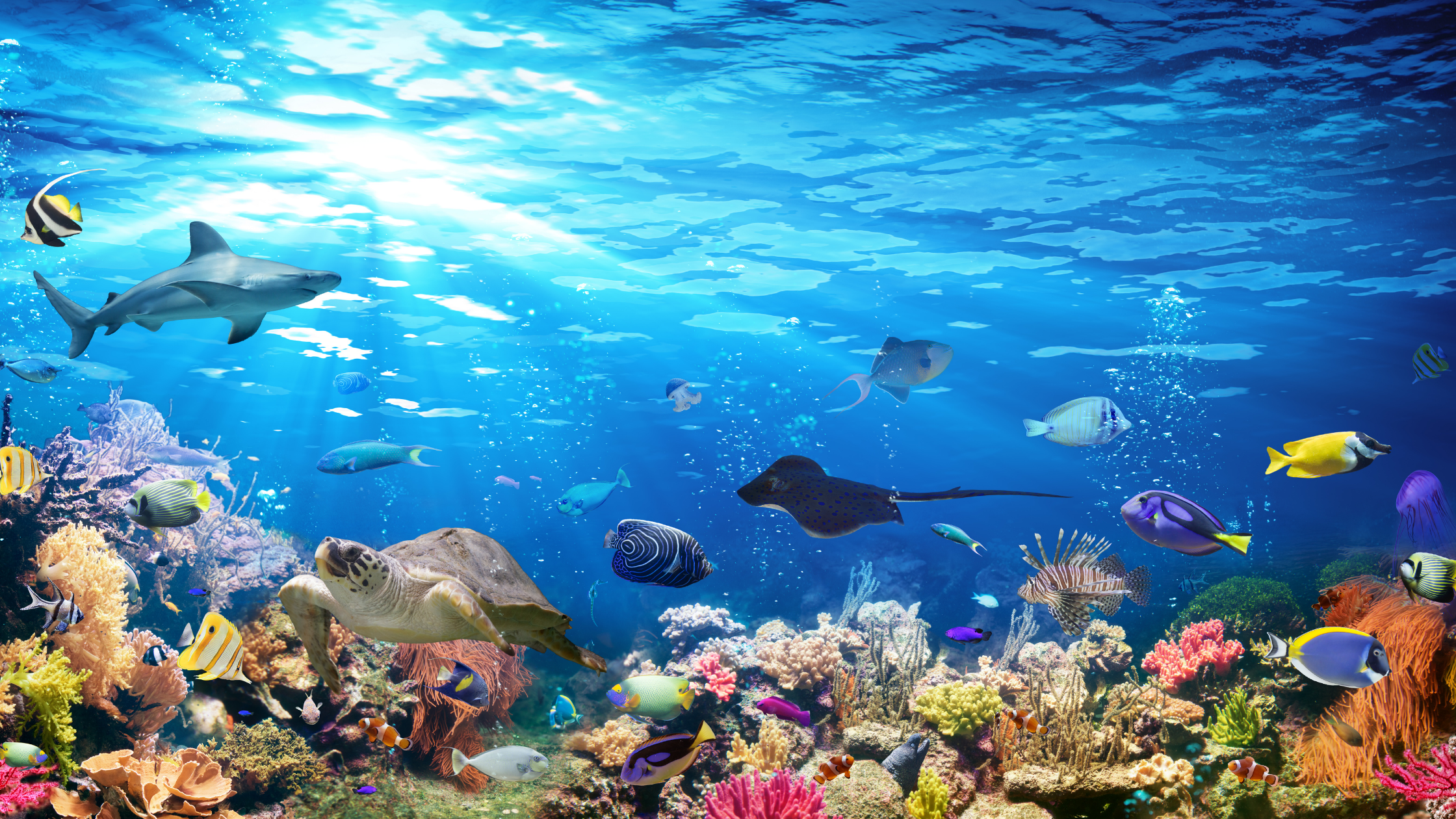
We like our waters crystal blue, and our boating responsible and green. As boaters, we see firsthand the threats our treasured oceans and waterways face. We know that if we don’t practice green boating, our favorite pastime can negatively impact the waters and marine environments we hold dear. That’s why the crew at Snag-A-Slip came up with a list of little things, we know you’ll be on board with, that all of us can do to keep our “wakeprints” to a minimum.
Eliminate Oily Discharges
No matter the type of boat, always place an oil-absorbent pad in your bilge and under your engine, where drips are most likely to occur. If you change your own oil, use an oil change pump to transfer the old oil to a spill-proof container, and take it to a proper recycling facility. And don’t forget, when you remove the filter, wrap it securely in a plastic bag or absorbent pad to prevent spilling.
Keep Your Engine in Tip Top Shape
A well-tuned, maintained and inspected engine maximizes fuel efficiency, and goes a long way towards green boating. Not only will you save money because you’ll go farther on every gallon of gas, you’ll also reduce your carbon footprint.
Stop Fueling Drips
When fueling, avoid the urge to “top off”. Instead, leave the tank about 10 percent empty – allowing fuel to expand as it warms. Also, fill up slowly and carefully, using absorbent pads to catch all drips and spills.
Perform Maintenance on Dry Land
Whenever possible, do maintenance projects on dry land. For outboard-powered boats, its actually safer. However, if you just can’t bring your boat onto dry land, be sure to minimize your impact on the environment by containing all spills and debris. Even a simple change like using non-toxic, phosphate-free boat soaps when cleaning your boat, make a difference.
Be Considerate of the Bottom
When it comes to marine life, green boating is particularly important. Boats and anchors can have a devastating impact on life at the bottom of our oceans and waterways. Without even realizing, you can cause “prop scars” in shallow plant beds, create cloudy water by churning up muddy bottoms, and disrupt fragile shellfish beds. The best way to avoid any harm, is to read up and know the waters you plan to cruise.
Take Proper Care of Your Trash and Hazardous Waste
All good boaters know that it’s important to keep trash contained onboard and to dispose of it properly when docked. But you may not know that things like cleaning products, oil filters, paint, and brushes all need to go to the appropriate hazardous waste disposal center. As tempting as it may be, avoid the impulse to drop them in the trash cans at the marina. And, did you know that the shrink wrap used when winterizing your boat is recyclable? Simply remove any non-recyclable attachments, like zippers, straps, and such. most recycling centers take shrink wrap, and some green marinas even have a designated station to leave it for pick-up.
Stop Aquatic Hitchhikers
Aquatic hitchhikers are a big concern for inland trailer-boaters. If you don’t properly clean, drain and dry your boat, you can inadvertently give an invasive species a free ride to another body of water. Ensuring that you don’t, is simple. First, inspect your boat well for plats and remove all of them. Then wash your boat well between trips. Let it dry for a few days before launching in another body of water. Lastly, flush your motor and thoroughly drain anything that holds water, like the livewell and the bilge.
If You See Something, Say Something
If you have a mishap of your own, or you spot pollution, do the right thing and make a call.
- In the U.S.
- Call the 24-Hour National Response Center at 1-800-424-8802
- Or, contact your local Coast Guard Station on VHF Channels 9 or 16
- In Canada
- BC and Yukon call 1-800-889-8852
- Alberta, Saskatchewan, Manitoba, Ontario, Northwest Territories, or Arctic call 1-800-265-0237
- Quebec call 1-800-363-4735
- Maritimes call 1-800-565-1582
- Newfoundland call 1-800-563-2444



